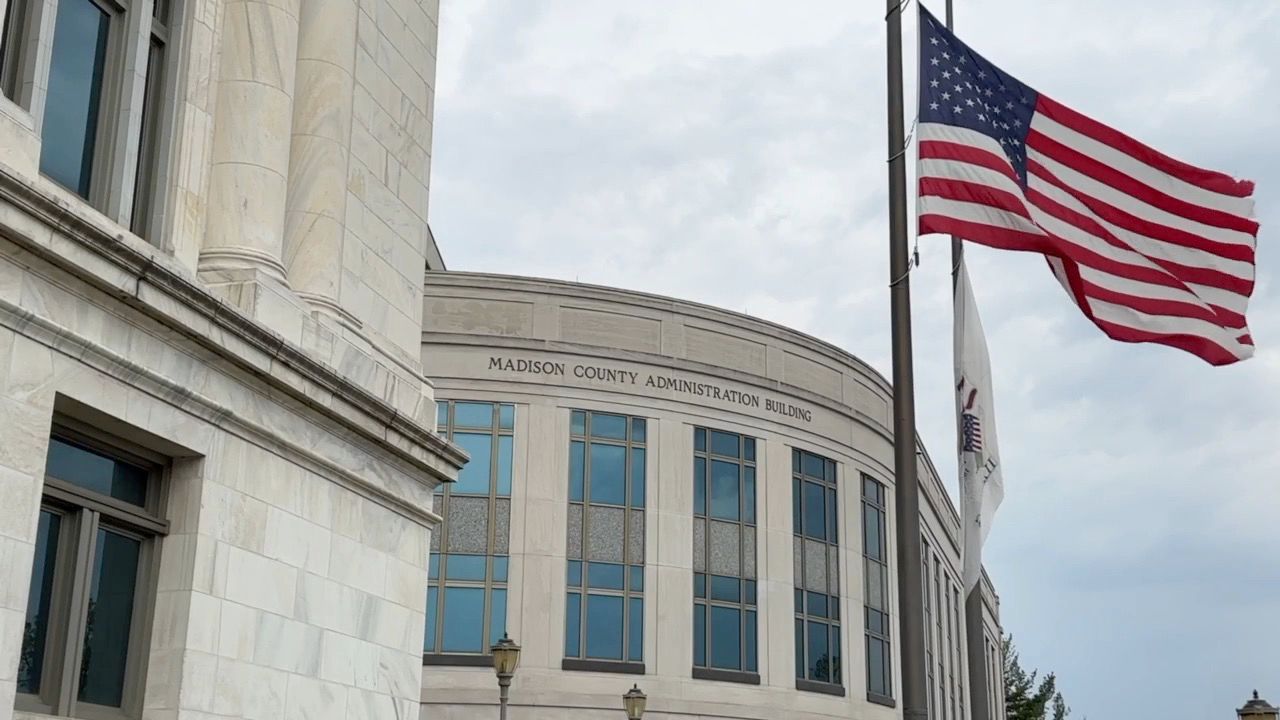ILLINOIS – Citizens looking to file a charge of discrimination harassment, or retaliation will have a lot more time to get their suit in order as the Illinois Department of Human Rights (IDHR) will expand the statute of limitations period on non-housing cases from 300 days to two years.
“Here in Illinois, we’re committed to ensuring that everyone has a chance to seek justice when facing discrimination, harassment, or retaliation,” said Governor JB Pritzker. “By extending the deadline to file a charge, we’re empowering individuals with more time to take action and make their voices heard.”
The new Public Act 103-0973 which goes into effect on Jan. 1, 2025, extends the deadline for filing a charge of discrimination in cases of employment, financial credit, and public services and accommodations, including educational institutions. Housing cases remain unchanged, Illinoisans may file a charge with IDHR within one year or two years at a circuit court.
“This legislative change is about giving survivors the time and support they need to come forward,” said Lt. Governor Juliana Stratton. “We recognize that healing is not linear, and extending the statute of limitations reflects our commitment to empowering those seeking accountability and ensuring their voices are heard.”
The extension will provide necessary time for filers to overcome obstacles preventing them from filing sooner than later such as not realizing the incident was a civil rights violation, recovery time from an incident, or requiring time for settlement negotiations prior to formally filing a charge.
“Illinois has one of the strongest sets of civil rights protections of any state,” said IDHR Director Jim Bennett. “By extending the deadline to file from 300 days to 2 years, Illinois joins 11 other states that have provided a greater opportunity to seek the protections and redress afforded by the Human Rights Act.”
IDHR says if you have questions regarding the Illinois Human Rights Act or its rules and regulations, call (312)-814-6262. You can also fill out a Contact IDHR online form.




